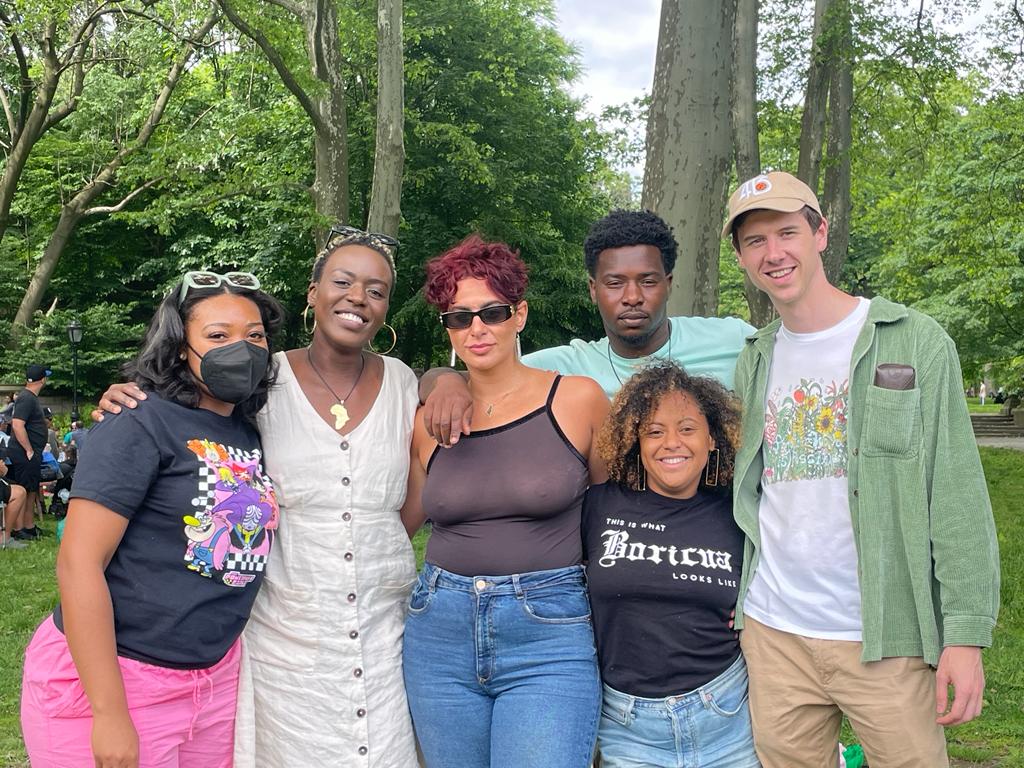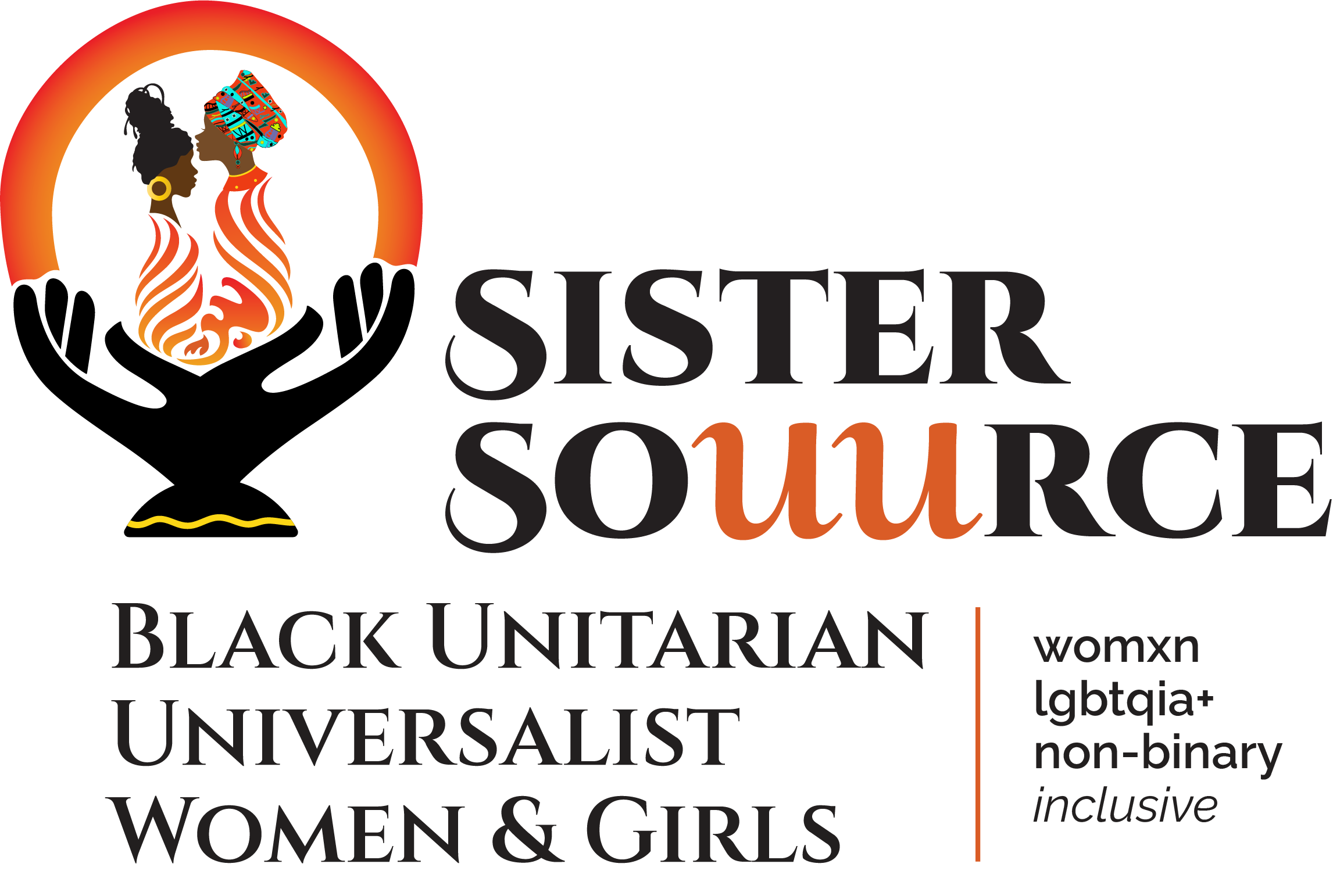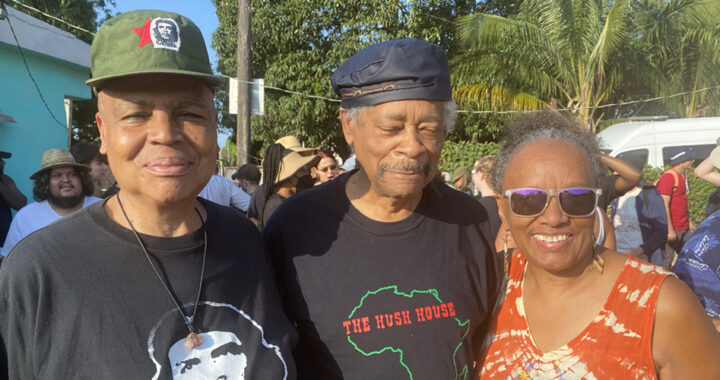In 1972 I traveled to Cuba under the auspices of the Venceremos Brigade, an international organization focused on solidarity with the Cuban people. Most recently I returned to Cuba on April 23 – May 7, 2023, fifty-one years later under the auspices of the National Network on Cuba (NNC). I had the opportunity to revisit Cuba as a Unitarian Universalist minister, activist and historian. I engaged in a fact-finding trip with the intention of presenting the information upon my return.
The most harmful policy I soon learned is the six-decades blockade that has created harsh conditions and imposed immense suffering on the Cuban people and its government. The sixty-year blockade has essentially become an act of genocide and includes:
- Limitations and access to credit to Cuba in order to maintain control of the distribution of energy and fuel and other essential services;
- Foreign banks’ denial of services to Cuba. European banks are afraid of doing business with Cuba and incurring fees for violating US sanctions. Those that do are imposed high interest rates;
- Insecurity in food availability–rice and milk, two staples, have increased in cost by 80%;
- Medical services are stretched and a shortage of medical supplies exists;
- Loss of tourism and recently slow recovery in tourism;
- Sugar cane industry and markets drastically impacted by the blockade. Cuba has to sell its sugar cane at very low prices since it lost it natural market, the US, after the revolution and agrarian reform;
- Shortages and lack of raw materials exist as a result of the blockade; if a ship makes port in Cuba they are fined by the US;
- Lack of access to international scholarships to train scientists and other professionals due to the blockade;
- Inability to obtain payment by venders abroad due to blockade; and
- Fuel, oil, and equipment shortages.
Despite the severity of the blockade the Cubans have been able to accomplish some of the following:
- Highest ratio of doctors to patients in the world–every community has a doctor and a nurse;
- Almost complete elimination of illiteracy;
- One of the lowest rates of infant mortality in the world;
- Health care and education are free;
- Sugar cane industry has diversified to include bio products, animal feed, sanitizer, rum and medicinal gels;
- Only 8,530 deaths occurred over four years due to COVID-19 or 0.17% (the world’s rate of deaths is 1.54%);
- Unemployment rate is 1.5%;
- Five vaccines manufactured by Cuba have been created but not recognized because of the blockade–three are injected and two are breathed through the nose. The fatality rate from COVID-19 is the lowest in all of Latin America. 98% of people have been vaccinated, including children;
- Life expectancy in Cuba is 78 years old;
- Cuba’s Latin American School of Medicine, established in 1999, provides a tuition-free medical education to applicants. The only condition is graduates must commit to practice medicine in poor and underserved communities after graduation. Two hundred and twenty of its graduates are currently working within the US healthcare system without the crippling burden of medical school student loan debt;
- An extension of the country’s internationalism is its health care ambassadorship which sends doctors and other healthcare workers to the world’s most underserved areas. They are currently serving in 32 different countries around the world; and
- Cuba recently updated its Constitutions Family Code that now recognizes same sex marriages and other family structures previously excluded from the benefits of marriage.
Cubans possess an unrelenting tenacity despite the hardships suffered due to the economic blockade. Furthermore, they welcome solidarity with Americans such as our delegation. They distinguish between the aggressive policies of the US government and individuals who desire to promote peace and solidarity between the two countries. The Cubans have experienced immense suffering because of the sixty-year blockage. COVID-19, combined with US sanctions has been devastating to Cuba. The US government has used the blockade to try to destroy the Cuban people and to prevent the success of socialism. However, I believe the right of a people to self-determination and sovereignty should not be dictated by the US. In addition to the blockade the US has unjustifiably placed Cuba on a list of state-sponsored terrorists. It appears that the US has no immediate plans to relinquish its chokehold over the Cuban people. We must realize that the Cuban people have a right to a socialist Cuba and to declare their form of government without fear of repercussions.
It is impossible to fully relay what I observed and the amazing accomplishments this tiny island of about 11 million has achieved despite an illegal and immoral economic blockade for over 60 years.
The country could do so much more, and the people of the United States and the rest of the world would benefit, if the blockade–a relic of the cold war–were ended. Removing Cuba from the list of state sponsors of terrorism and returning Guantanamo Bay back to the island as a piece of its sovereign land would demonstrate the desire to re-establish peaceful relations between Cuba and the U.S.
Recently the DC council voted on and passed a resolution to end the over 60-year US blockade against Cuba. This sentiment represents a growing international movement. Of 193 United Nations members, 185 voted to condemn the blockade last year. The only two dissenting votes were the US and Israel.
Conclusion
The Cuban people are making a great effort to survive an economic crisis that is unparalleled. Solidarity with the Cuban people is on the rise. Even the majority of Cuban Americans oppose the blockade. Attempts by the US to undermine the cultural identity of Cuba are unacceptable and represent acts of aggression. The approach to the big problems of the world cannot be resolved with hostility and aggression. There is no basis for such extreme policies such as the six-decades blockade.
The spirit of independence of the Cuban people will not be swayed by acts of aggression or other forms of intimidation by the US government. We should be building bridges of communication instead of animosity among our respective populations. Tension and conflict characterize the current relationship between Cuba and the US. It is not a crime to be a proud, industrious, and resilient nation.
It is our hope that Unitarian Universalists will affirm our role as a beacon of justice and join efforts condemning the blockade against Cuba, the removal of Cuba from the state-sponsored terrorists list and the return of Guantanamo Bay to Cuba. For information about mobilization efforts in Washington on June 25, 2023 demanding the end to the Cuban blockade visit National Network on Cuba. Please write President Joe Biden requesting immediate attention to these demands at: President Joe Biden, 1600 Pennsylvania Avenue, NW, Washington, DC 20500.
Featured image above: Nubia Kai, Chas Simmons and Qiyamah A. Rahman (self-named “Detroit Posse”) at an organic farm during their May 2023 International Tour with the National Network on Cuba.

Participants in the May 2023 International Tour with the National Network on Cuba

